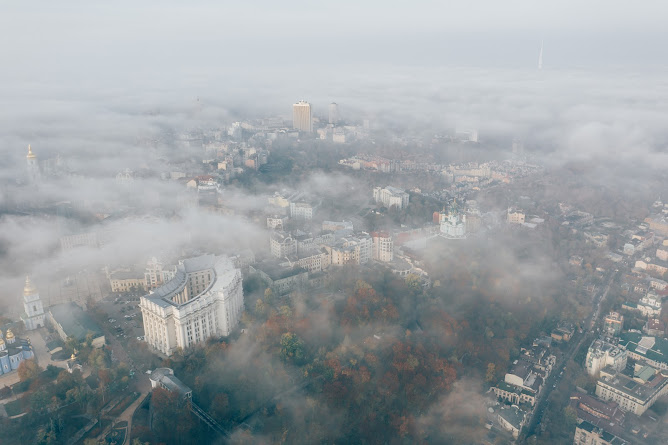How to Protect Yourself from Air Pollution?
Protecting yourself from air pollution is important for maintaining good health. Here are some general tips to help you reduce your exposure to air pollutants:
Stay Informed:
- . Keep track of local air quality forecasts. Many cities provide real-time air quality information online or through apps.
- . Be aware of high-pollution days and plan your outdoor activities accordingly.
Avoid Outdoor Activities During Peak Pollution Times:
- . Try to stay indoors during times when air pollution levels are highest, which is often during rush hours in urban areas.
Use Air Purifiers:
- . Consider using air purifiers in your home, especially in bedrooms and other frequently used areas.
- . Choose purifiers with HEPA filters to remove particles and activated carbon filters to reduce gases.
Create a Clean Indoor Environment:
- . Keep windows and doors closed during times of high outdoor pollution.
- . Avoid smoking indoors and minimize the use of candles or incense, as they can contribute to indoor air pollution.
Use Masks:
- . In areas with severe air pollution, wearing masks (such as N95 masks) can help reduce the inhalation of harmful particles. However, not all masks are equally effective, so choose one that is specifically designed for air pollution.
Ventilate Your Home:
- . Ensure good ventilation in your home. Use exhaust fans in kitchens and bathrooms to remove indoor pollutants.
- . Consider using an air exchange system if possible.
Reduce Indoor Pollution Sources:
- . Be mindful of indoor pollution sources such as cleaning products, paints, and certain building materials. Choose low-emission products when possible.
- . Keep indoor plants, as they can help improve indoor air quality.
Exercise Wisely:
- . If you exercise outdoors, try to do so in areas with lower pollution levels or during times when pollution is lower.
- . Consider indoor exercise options on days with poor air quality.
Use Public Transportation or Carpool:
- . Reduce your contribution to outdoor air pollution by using public transportation, carpooling, biking, or walking.
Stay Hydrated and Eat a Healthy Diet:
- . A healthy diet can help support your body's ability to cope with environmental stressors.
- . Drinking plenty of water can help your body flush out toxins.
Check and Maintain Your Car:
- . Ensure your vehicle is well-maintained, as poorly maintained cars can contribute significantly to air pollution.
- . Consider using public transportation or carpooling when possible.
Support Air Quality Initiatives:
- . Get involved in local efforts to improve air quality. Support and advocate for policies that address the sources of air pollution in your community.
Remember that the effectiveness of these measures may vary based on the specific pollutants in your area and your individual health needs. If you have specific health concerns related to air pollution, it's advisable to consult with a healthcare professional for personalized advice.
"Meet our esteemed best pulmonologist hospital in delhi at Primus Super Speciality Hospital where expertise meets compassion. Our leading pulmonologist is dedicated to providing exceptional respiratory care, specializing in the diagnosis and treatment of lung disorders. With a wealth of experience, cutting-edge medical knowledge, and a commitment to patient well-being, our pulmonologist is at the forefront of respiratory health. Trust us for comprehensive and personalized pulmonary care, ensuring you breathe easier and live healthier. Your lungs deserve the best, and we deliver excellence in every breath."

Comments
Post a Comment